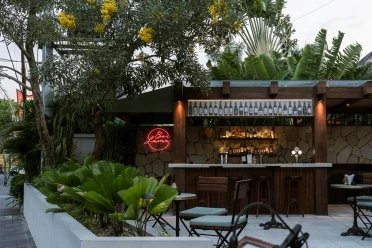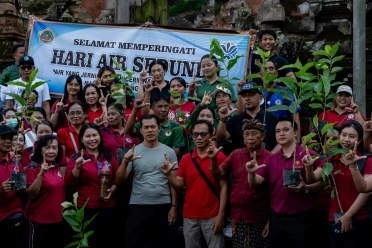Bali’s world-renowned beaches, long revered for their pristine white sands and turquoise waters, are now facing mounting environmental pressure. The very tourism that fuels the island’s economy is increasingly contributing to an unsustainable waste crisis. In response, innovative solutions are beginning to emerge that blend cutting-edge technology with eco-conscious practices. One of the most promising developments comes in the form of a smart beach-cleaning robot, which has been deployed to tackle coastal pollution in a sustainable and efficient manner.
In response to the island's waste crisis, innovative solutions are beginning to emerge that blend cutting-edge technology with eco-conscious practices.
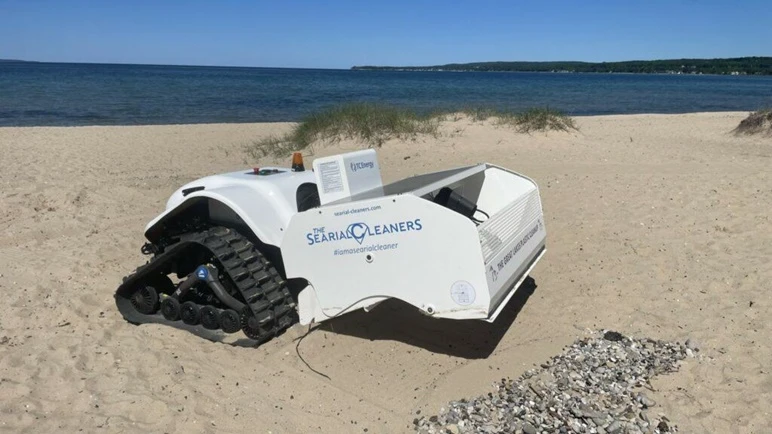
Smart Tech Meets Sustainable Tourism
BeBot, a solar-powered, fully electric robot developed by French environmental tech company Searial Cleaners, is at the heart of this initiative. Designed specifically for sandy environments, the BeBot is capable of sifting through the top layers of sand to collect small but highly persistent forms of waste such as cigarette butts, bottle caps, plastic shards, and other microdebris. These types of waste are typically missed during manual cleanups due to their size and prevalence, yet they pose a serious threat to both marine life and the aesthetic appeal of Bali’s beaches.
Powered entirely by solar energy, BeBot operates without emitting carbon or creating noise pollution, making it ideal for preserving the serenity of beach environments. It can function for approximately two and a half hours each day, depending on weather conditions and tidal patterns. Currently, BeBot is patrolling and cleaning beachfronts from FINNS Beach Club to the nearby spiritual landmark Pura Perancak. The initiative reflects a new era where modern technology plays a central role in maintaining Bali's natural allure while supporting environmentally responsible tourism.
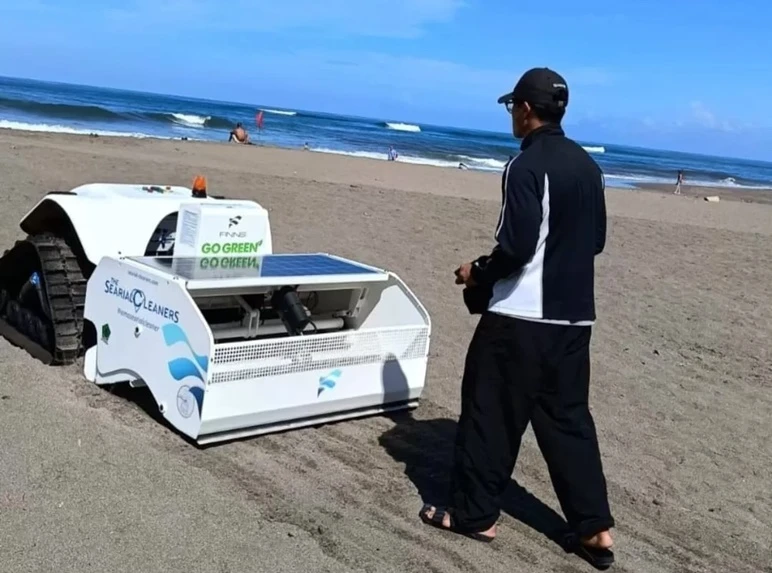
Bali’s Ongoing Battle with Waste
The deployment of BeBot arrives at a crucial time. Bali has been grappling with a worsening waste management crisis for years, exacerbated by both domestic waste generation and refuse carried in by ocean currents from other parts of Southeast Asia. During the annual monsoon season, vast quantities of marine debris—including microplastics—wash up on Bali’s shores, marring the landscape and endangering marine ecosystems.
This environmental strain threatens not only biodiversity but also the island’s crucial tourism industry. Visitors drawn by the promise of unspoiled beaches often find themselves confronted with pollution, leading to negative experiences and reviews. As global travelers become more eco-conscious, destinations like Bali are under increasing pressure to improve their environmental performance and protect the natural resources that form the backbone of their appeal.
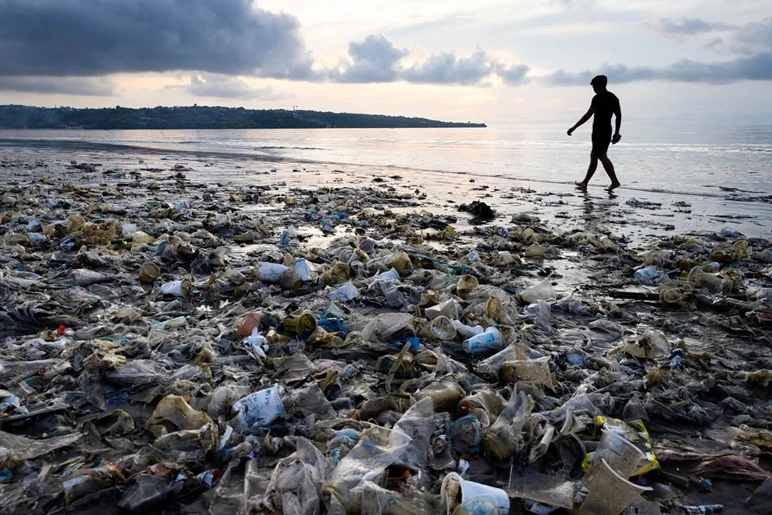
Government Mandates Drive Green Innovation
The introduction of BeBot is not occurring in isolation. It is part of a broader push by Bali’s regional government to drive environmental reform across the tourism sector. Under new regulations announced by Governor Wayan Koster, all tourism-related businesses must now implement self-sufficient waste management systems. Noncompliance could lead to the revocation of business licenses, while adherence is rewarded with certifications, publicity, and preferential treatment in tourism promotion initiatives.
Private Sector Stepping Up
The deployment of BeBot by FINNS Beach Club is part of a growing wave of environmentally responsible action within Bali’s hospitality industry. Similar robots have been introduced by the Hyatt Regency Bali and Andaz Bali along Sanur Beach, signaling a collective effort among luxury resorts to champion sustainability.
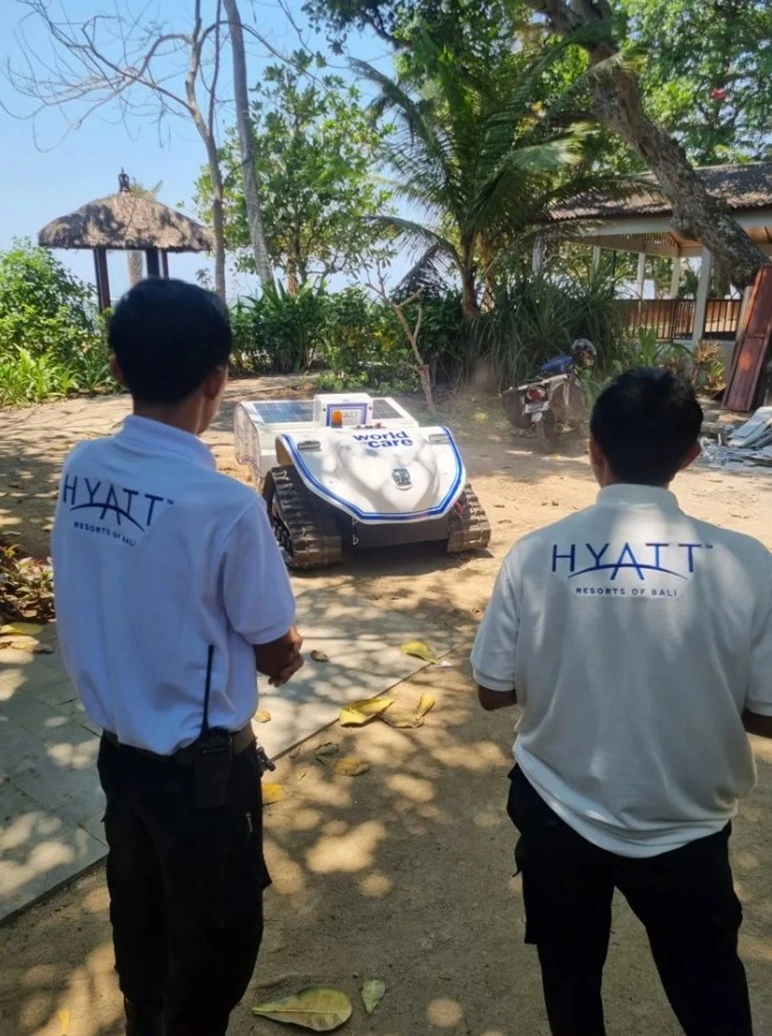
In tandem with these technological innovations, local authorities are ramping up efforts in community education and environmental policing. Coastal patrols have been intensified to monitor illegal dumping and enforce beach cleanliness standards, with the dual aim of protecting marine habitats and fostering public awareness.
A Collective Effort for a Cleaner Future
While BeBot alone cannot solve Bali’s environmental challenges, its deployment represents a significant step in a collective movement toward sustainable tourism. It showcases how advanced technology can integrate with nature rather than exploit it, setting a precedent for future innovations across Southeast Asia and beyond.
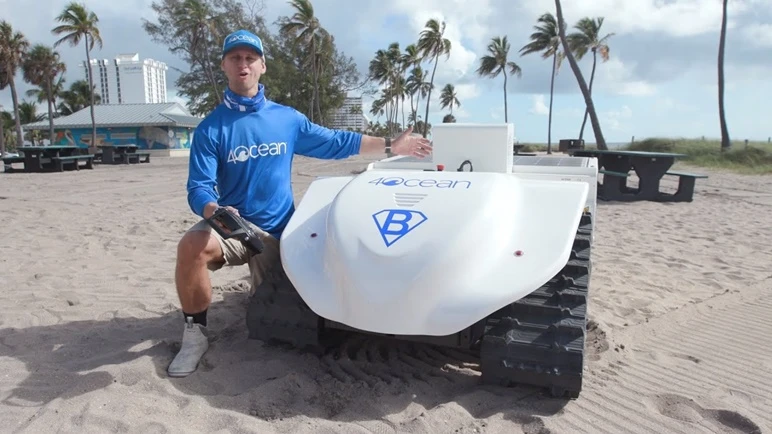
As Bali transitions into a more eco-conscious era, travelers, businesses, and local communities will all play vital roles. Tourists are encouraged to reduce their reliance on single-use plastics, participate in organized cleanups, and support establishments that prioritize environmental responsibility.



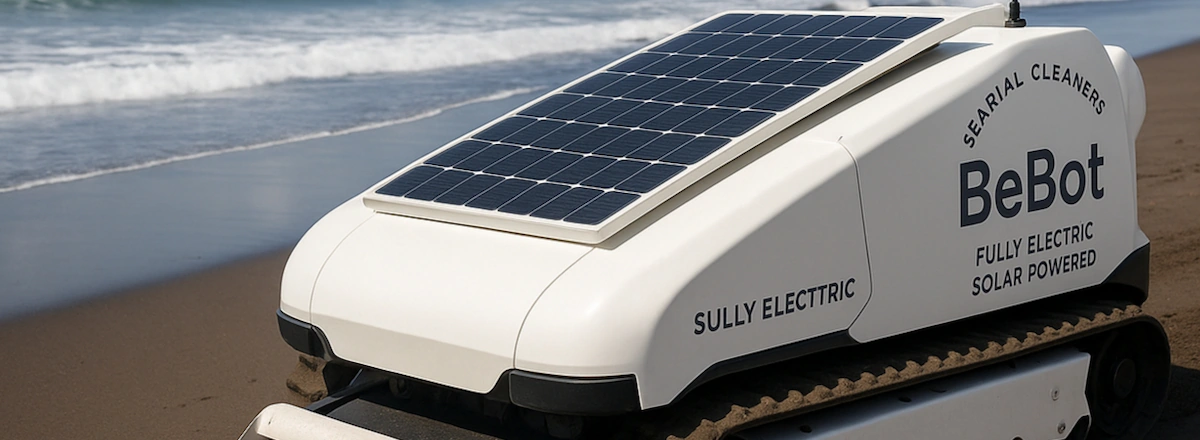
 Billy Bagus
Billy Bagus
 May 23, 2025
May 23, 2025




